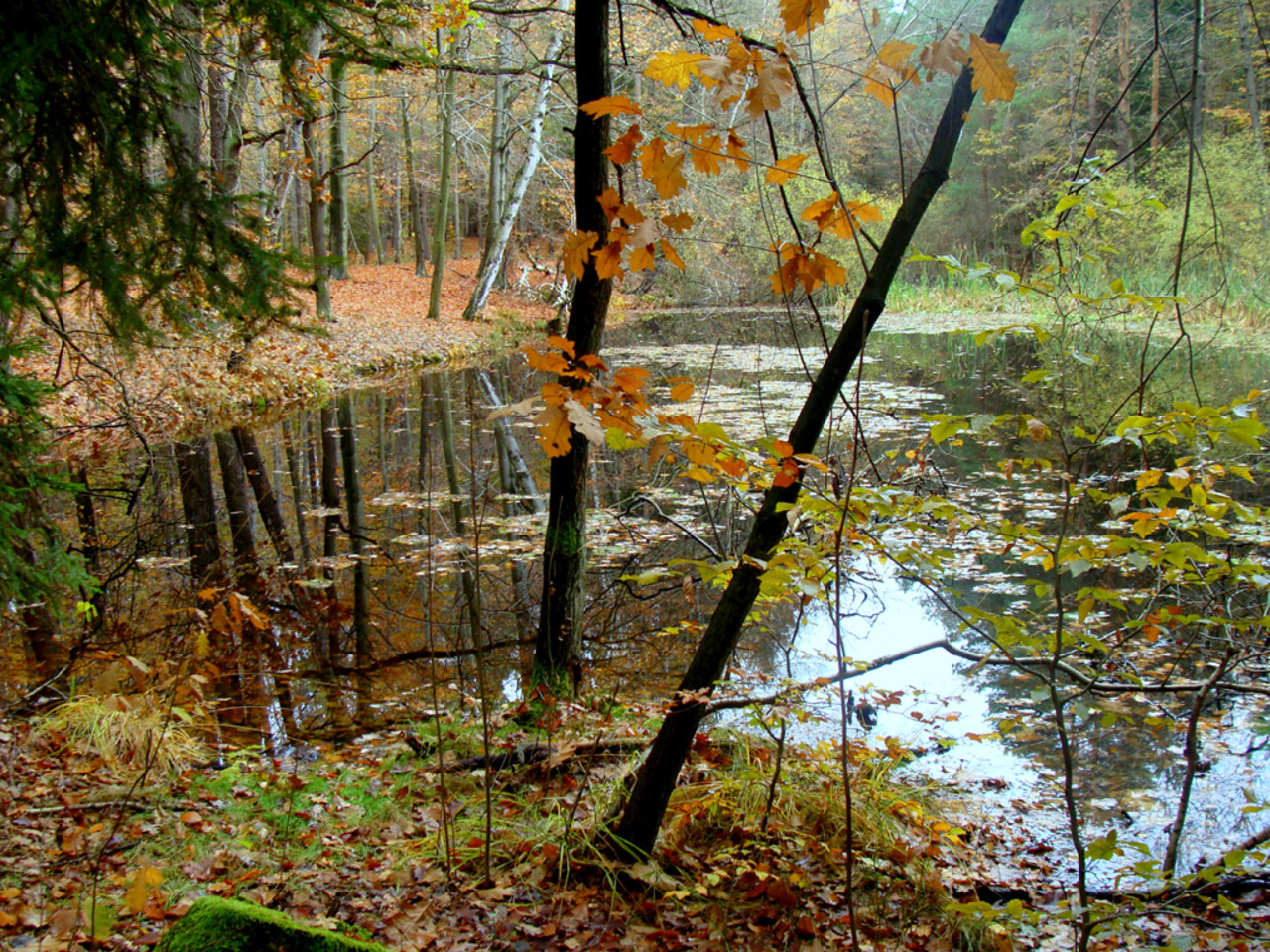Urban Nightlife
페이지 정보

본문
Urban Nightlife
When did nightlife begin?
Urban nightlife, as we understand it at present, started to take form within the late 19th and early twentieth centuries, significantly in major cities around the world.

The Rise of Urban Nightlife
During this time, industrialization and urbanization led to a major increase in population density in cities. With extra individuals living in urban areas, the demand for entertainment choices after darkish grew.

Key Influences
Several factors contributed to the event of nightlife:
- Prohibition Era (1920-1933 in the U.S.) - This led to the rise of speakeasies and underground bars, creating a vibrant and somewhat illicit nightlife scene.
- The Jazz Age - The 1920s noticed the emergence of jazz golf equipment, which performed a vital position in shaping urban nightlife, particularly in cities like New York and Chicago.
- Nightclubs and Dance Halls - Post-World War II, the institution of nightclubs and dance halls became popular, offering spaces for socializing, dancing, and stay music.
Modern Nightlife
Today, city nightlife encompasses a selection of experiences, including bars, 하이오피주소 golf equipment, late-night eateries, and cultural events, reflecting the various pursuits of urban populations.
Why do most nightclubs fail?
Most nightclubs fail due to a mixture of things that can adversely affect their sustainability and appeal in the competitive urban nightlife scene.
1. Poor Location: A nightclub's location performs a critical role in its success. If it's situated in an area with low foot site visitors or minimal nightlife activity, it could battle to draw patrons.
2. Ineffective Marketing: Many nightclubs fail to create a strong model presence or adequately promote their events. Without effective advertising strategies, they might not reach their audience.
3. Inconsistent Experience: Patrons count on a certain degree of service and atmosphere. If a nightclub fails to ship a consistent experience by method of music, lighting, and service, it could result in a decline in common clients.
4. High Operational Costs: The expenses associated with running a nightclub—including hire, staffing, and inventory—can be important. If these costs aren't managed properly, they can rapidly eat into income.
5. Lack of Differentiation: In a saturated market, nightclubs that fail to offer one thing distinctive might battle to stand out. A lack of distinctive features or themes can lead to decreased patron curiosity.
6. Failure to Adapt: The nightlife trade is ever-evolving. Clubs that don't keep up with changing music tendencies, customer preferences, and expertise can easily fall behind, shedding their relevance.
7. Regulatory Challenges: Nightclubs usually face stringent regulations relating to noise, alcohol licensing, and capacity limits. Navigating these authorized hurdles can be difficult and expensive.
In summary, a nightclub's failure usually outcomes from a combination of poor initial choices, lack of ability to adapt, and failure to create a memorable experience for its prospects. Addressing these points can improve the likelihood of success in the urban nightlife panorama.
What is the meaning of metropolis club?
A city club typically refers to a non-public institution inside an city space that gives a big selection of facilities, companies, and leisure choices for its members. These golf equipment can operate as social hubs where individuals collect to loosen up, network, and luxuriate in nightlife activities.
Features of a City Club
City clubs typically present:
- Dining facilities: Restaurants and cafes that serve various cuisines.
- Entertainment: Live music, dance flooring, and special events to have interaction members.
- Networking opportunities: A platform for professionals to satisfy and kind connections.
- Exclusive events: Members-only gatherings, parties, and celebrations.
Urban Nightlife Experience
In the context of urban nightlife, city clubs serve as vibrant venues that contribute to the city's after-dark economic system. They play a major function in enhancing the social cloth of urban residing by offering spaces where people can unwind and enjoy the dynamic atmosphere of city life.
- 이전글Apply These 5 Secret Strategies To enhance Play Poker Online 24.12.18
- 다음글Нуакшот 24.12.18
댓글목록
등록된 댓글이 없습니다.
